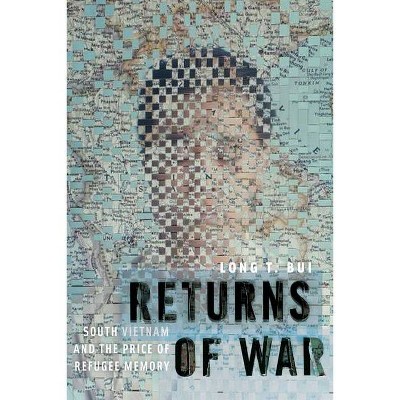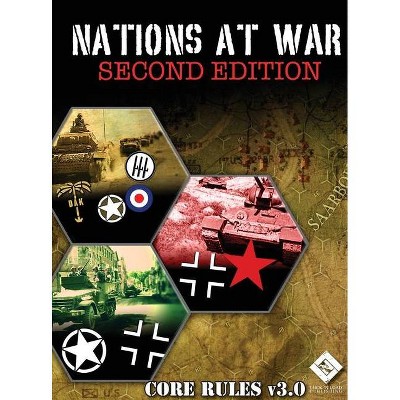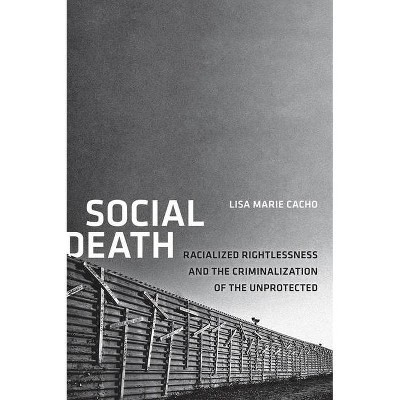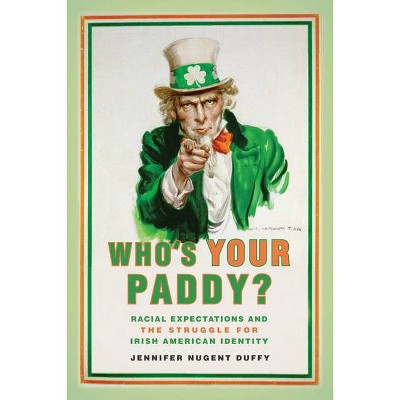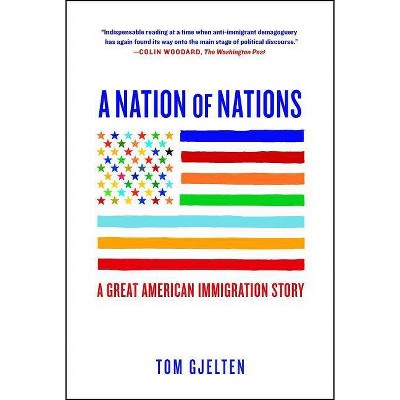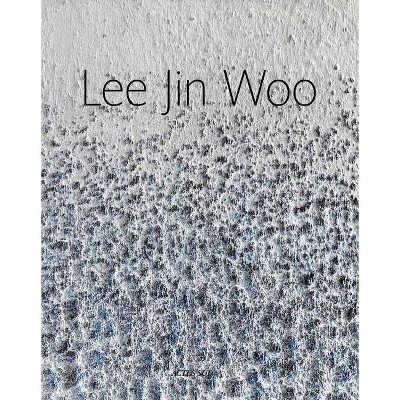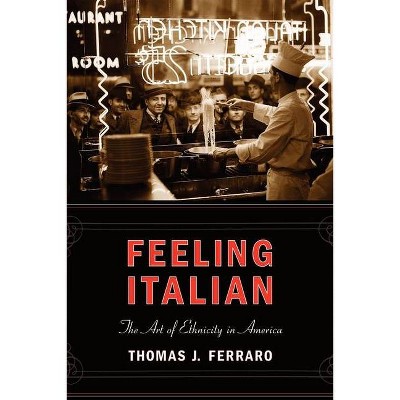Framed by War - (Nation of Nations) by Susie Woo (Hardcover)
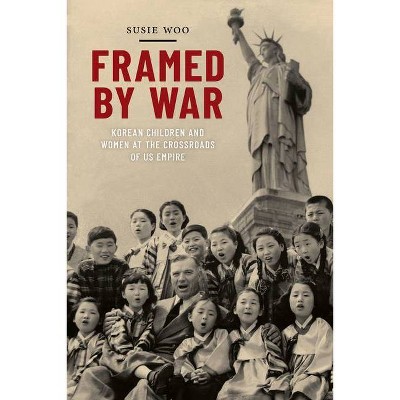
Similar Products
Product info
<p/><br></br><p><b> Book Synopsis </b></p></br></br><p><b>An intimate portrait of the postwar lives of Korean children and women </b> <p/>Korean children and women are the forgotten population of a forgotten war. Yet during and after the Korean War, they were central to the projection of US military, cultural, and political dominance. <i>Framed by War</i> examines how the Korean orphan, GI baby, adoptee, birth mother, prostitute, and bride emerged at the heart of empire. Strained embodiments of war, they brought Americans into Korea and Koreans into America in ways that defined, and at times defied, US empire in the Pacific. <p/>What unfolded in Korea set the stage for US postwar power in the second half of the twentieth century and into the twenty-first. American destruction and humanitarianism, violence and care played out upon the bodies of Korean children and women.<i> Framed by War</i> traces the arc of intimate relations that served as these foundations. To suture a fragmented past, Susie Woo looks to US and South Korean government documents and military correspondence; US aid organization records; Korean orphanage registers; US and South Korean newspapers and magazines; and photographs, interviews, films, and performances. Integrating history with visual and cultural analysis, Woo chronicles how Americans went from knowing very little about Koreans to making them family, and how Korean children and women who did not choose war found ways to navigate its aftermath in South Korea, the United States, and spaces in between.</p><p/><br></br><p><b> Review Quotes </b></p></br></br><br>Presents a skilled and nuanced history of US involvement in the Korean War in which the experiences and representations of Korean women and children take center stage. Susie Woo's critical analysis of figures such as the Korean orphan, GI baby, adoptee, birth mother, prostitute, and bride illuminates the far-reaching role of intimacy in war, migration, and empire. <i>Framed by War </i>is essential reading for understanding the ways that the Cold War has indelibly transformed Korean and American lives.--Catherine Ceniza Choy, author of <i>Global Families: A History of Asian International Adoption in America</i><br><br>Through postcolonial and critical race theories, Susie Woo examines how the US used Korean women and children to put a benign and benevolent face on its military involvement in Korea and to bolster its image at home and abroad in the early decades of the Cold War. From her analysis of the Korean children's choir to her discussion of war brides, Woo deftly details the ways in which race, gender, and sexuality were defined and challenged in the interactions between Korean civilians and US officials. This is a must-read addition to the growing literature on the cultural and social consequences of US militarism abroad.--Ji-Yeon Yuh, author of <i>Beyond the Shadow of Camptown: Korean Military Brides in America</i><br>
Price History
Price Archive shows prices from various stores, lets you see history and find the cheapest. There is no actual sale on the website. For all support, inquiry and suggestion messagescommunication@pricearchive.us
